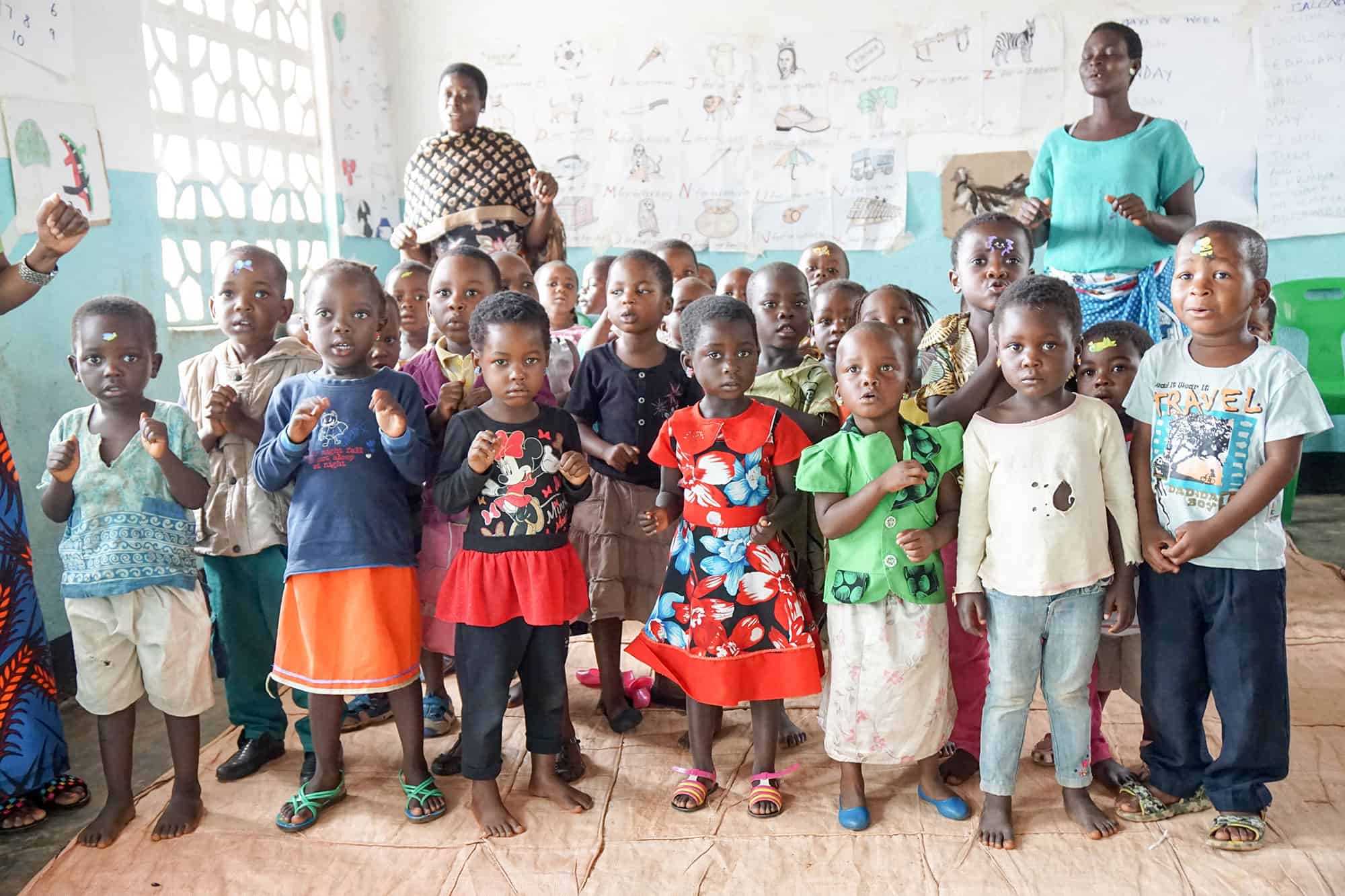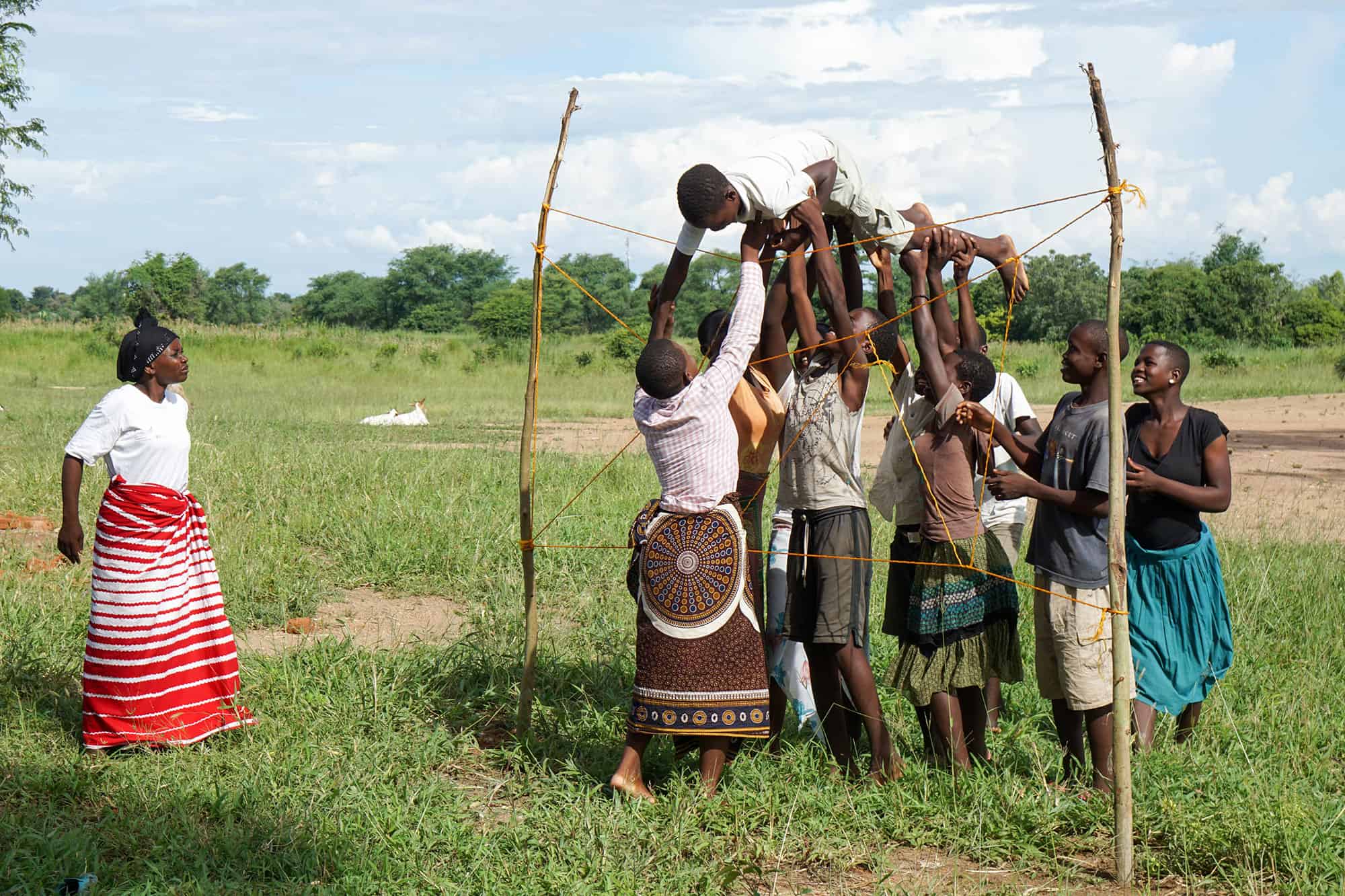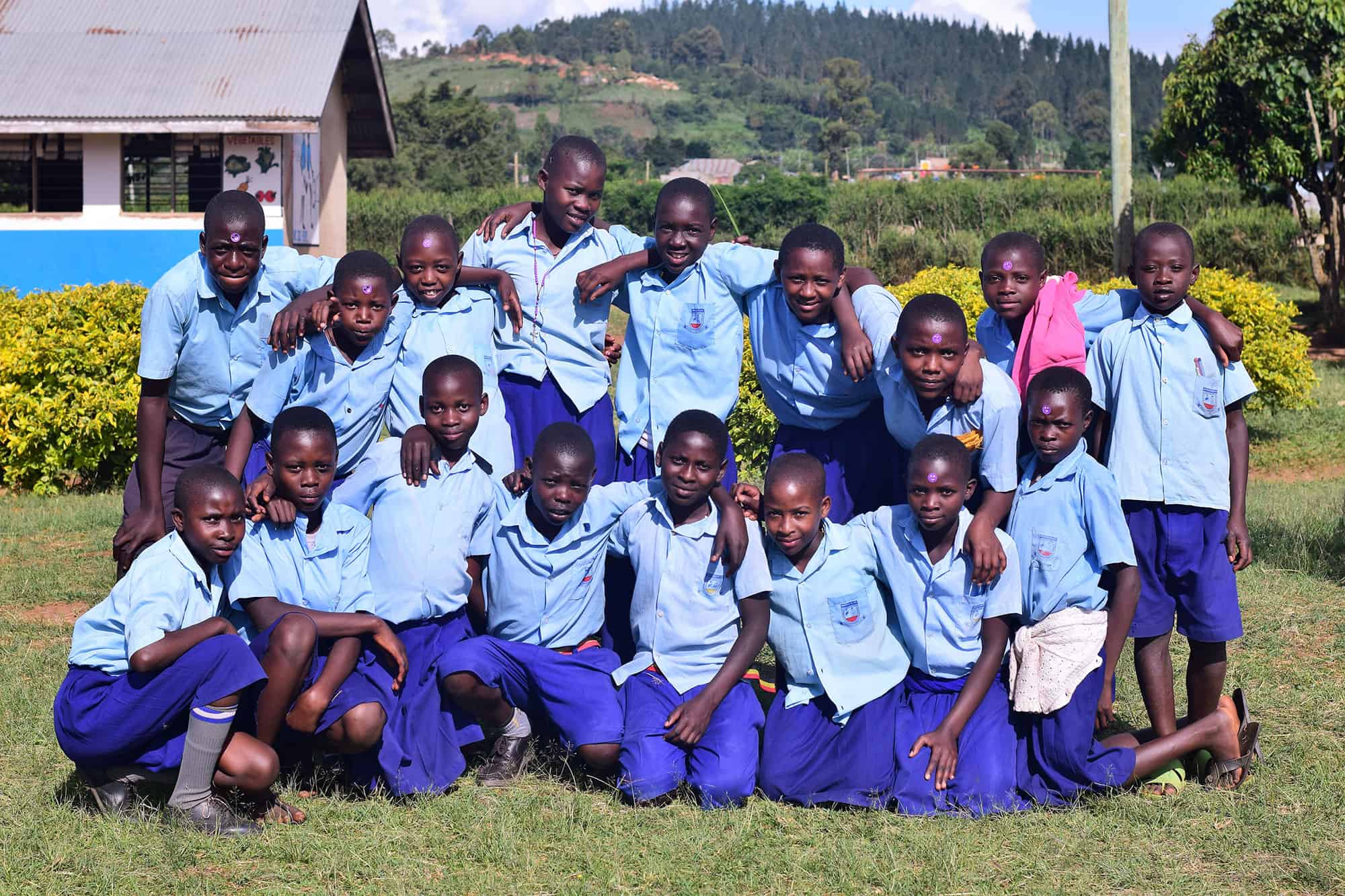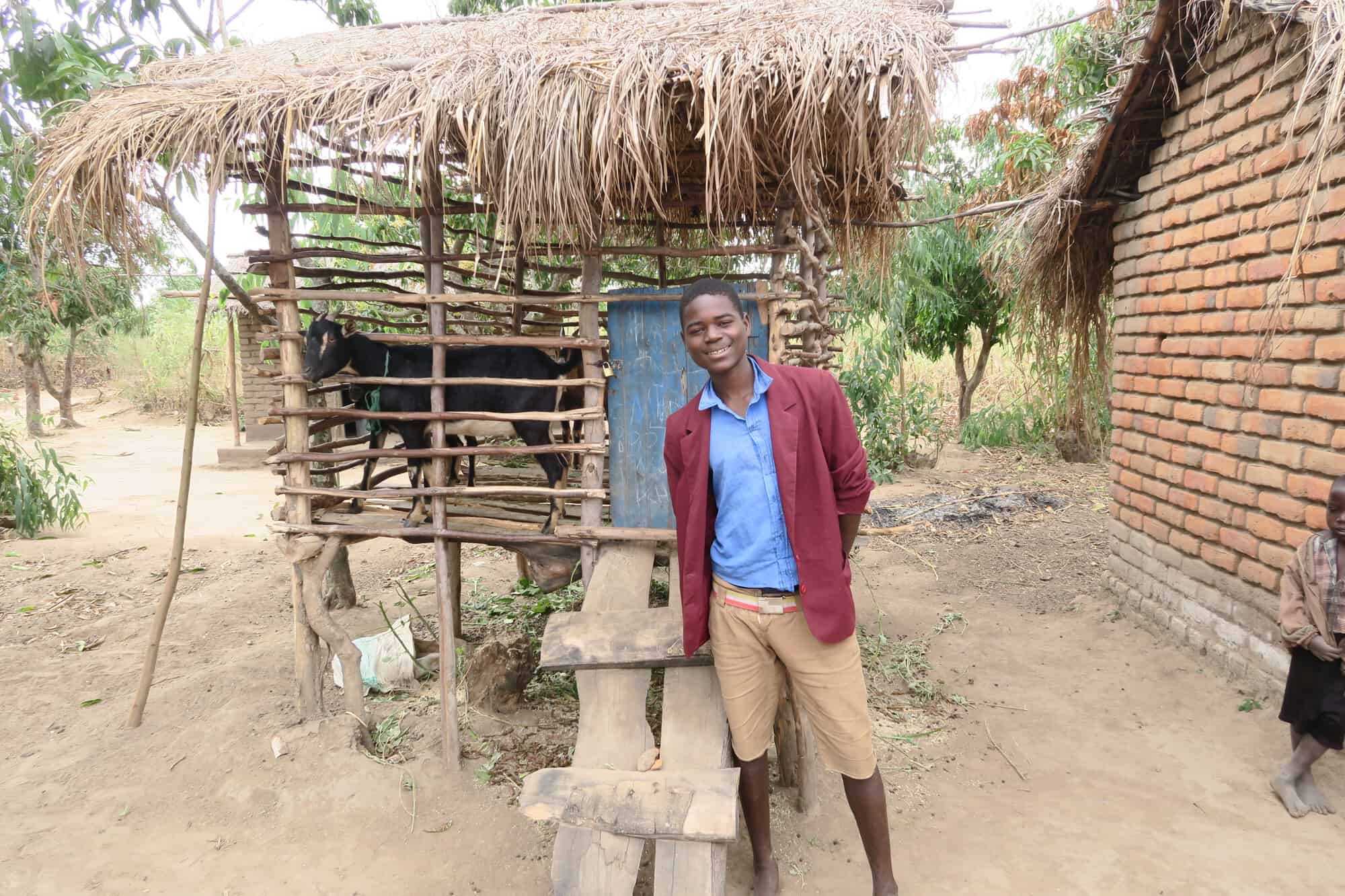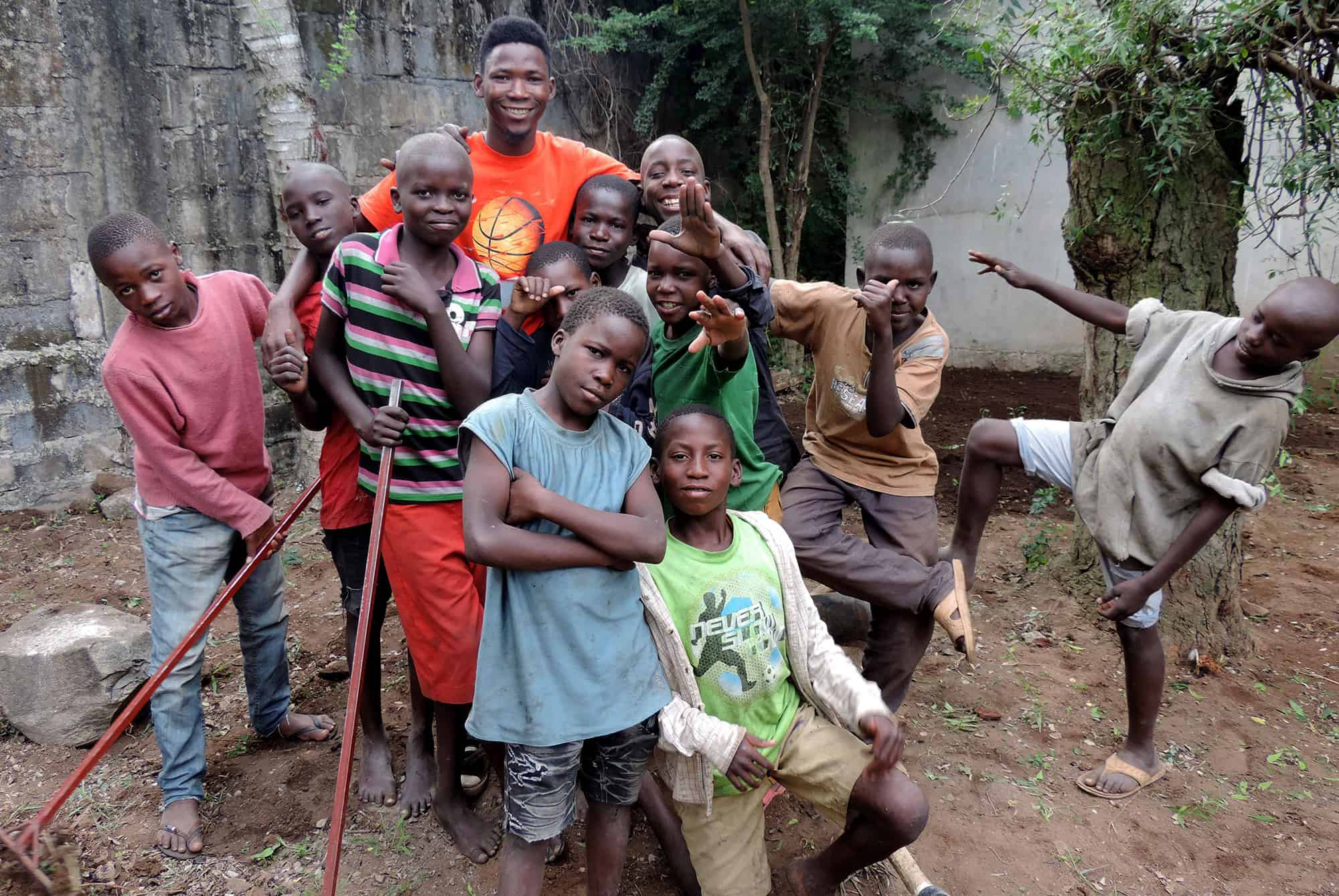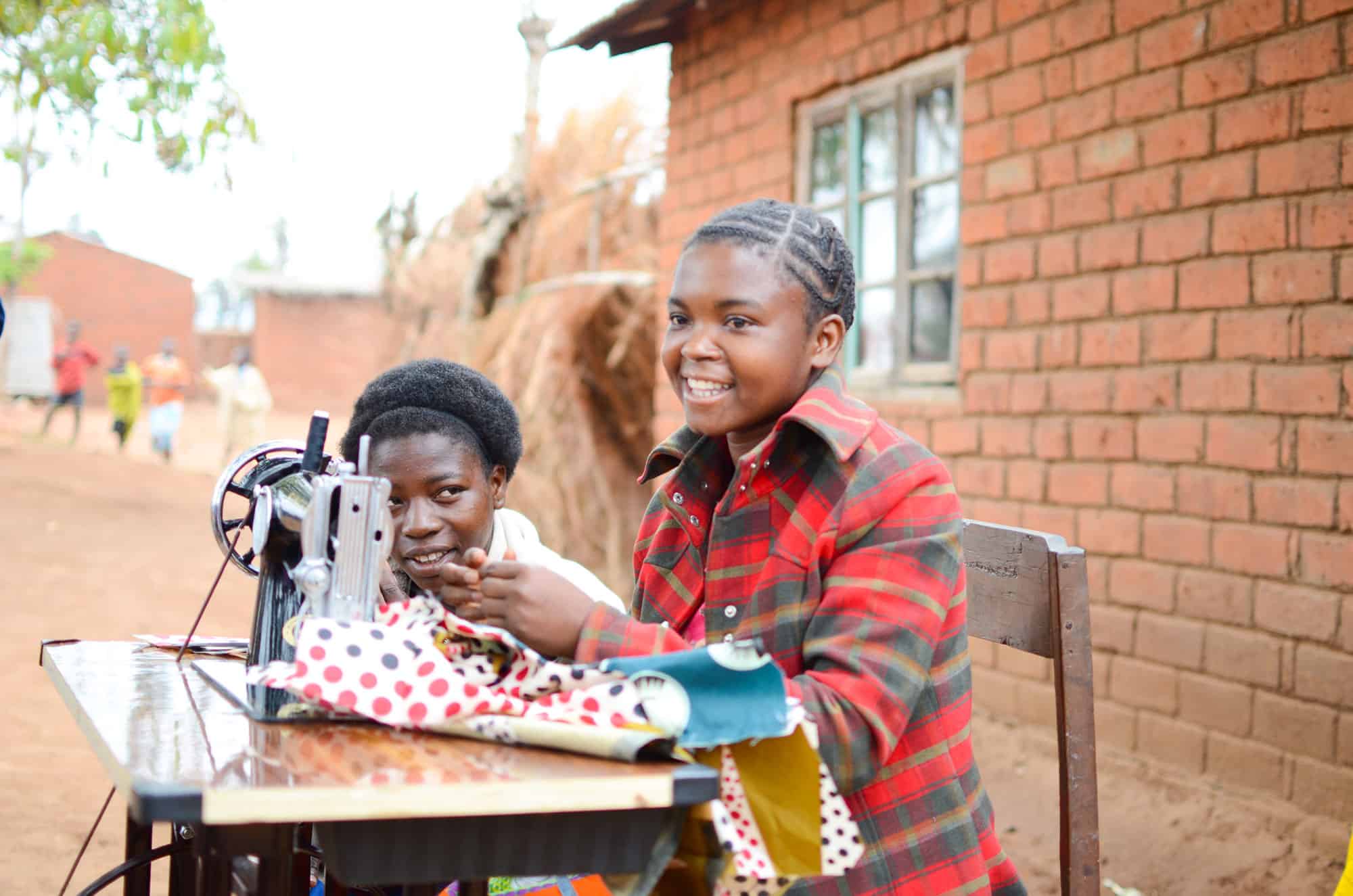VILLAGE INVESTORS PROGRAMME
Training parents and guardians in community banking and business skills.
One of the biggest challenges that vulnerable children face is that without financial security at home and in their community, long-term access to an education, basic necessities, good health and safety are significantly reduced. In communities where there are a high number of low-income households, and where there is no access to formal financial services, they are at even more acute risk.
Through our Village Investors Programme (VIP), we establish village savings and loans groups for parents and guardians of vulnerable children and the community volunteers who run our other programmes. We do this by:
![]()
TRAINING
community members as VIP Facilitators who are responsible for forming, teaching and managing VIP groups in their area.
![]()
TEACHING
VIP members how to pool their money together to form a community banking system, which provides them with a safe place to save their money and take loans.
![]()
TRAINING
members in financial and entrepreneurial skills so they can start and grow their own businesses.
![]()
PROVIDING
each group with a VIP tool kit, which includes a safety cash box, padlocks, financial notebooks, savings bowls and calculators.
![]()
ENCOURAGING
each group to set up a group enterprise, the profit from which is used to increase the loan capital of the group.
![]()
ENSURING
each VIP has a savings pot that is specifically for vulnerable children within their community so they can be supported with food, school fees and materials.
Using the VIP structure, members can take out loans to expand their businesses and then save their profits in the group.
“I never imagined that one day I would run my own business and I am so grateful to the VIP for teaching me new skills and knowledge.”
Josephine is a member of our VIP in Kenya, and is now providing for her children through her new business.
HOW DOES OUR VIP MODEL WORK?
The VIP model is self-funded and self-regulated as groups only use internally generated funds. In every community where we work, the VIP follows the same process:
1. VIP group members attend regular meetings where they each deposit money into a Savings Fund. Loans are then made from this to members who make a request and are approved by the rest of the group, and an interest rate is agreed.
2. With their loans and knowledge from financial and entrepreneurial training sessions, members establish or improve a business. They then use profits to pay back their loan into the Savings Fund and their interest is put into the group’s Interest Fund.
3. To make sure their meetings run smoothly and on time, members are required to contribute to a Fines Fund if they arrive late or break any of the rules of the group.
4. Each VIP group is encouraged to set up a group income generating activity (IGA) to further build the capital of the group, the profit from which is put into the IGA Fund.
5. During every meeting, members contribute towards a Welfare Fund, which provides emergency interest-free loans for any member in times of hardship, and an Orphan Fund, which helps children in their community who are in extreme need of support with food, school fees, and other necessities.
6. At the end of each savings cycle, which is usually annual, the groups “share-out”. This is when the Savings, Interest, Fines and IGA funds are divided among members depending on how much they have saved as an individual throughout the cycle. Members then reinvest back into the group and start a new savings cycle.
Every VIP group is trained for three to four years, at which point they graduate from the programme as they can operate independently of any support.
THE IMPACT
By being part of the VIP, parents, guardians and community volunteers, the majority of whom are women, start to earn a sustainable income through their businesses. Therefore:
![]()
More children can attend school because their parents can afford fees, books, pens and uniforms.
![]()
Children are better protected as VIP members are able to secure their homes or build new ones.
![]()
VIP members can afford to buy food for the children in their care and fertilizer to grow produce.
![]()
Members can buy “naturally reproducing assets” such as goats, cattle, hens and pigs, which provide an economic safety net for their family.
Check out our latest Impact Report to find our more about the highlights and achievements of the VIP in 2023:
OUR REACH
We are so grateful to our long-term corporate supporter, Qlik.org, who have worked with us to develop a dashboard that automatically analyses the economic and social data we collect from every savings and loans group formed since we launched the VIP in 2014.
The dashboard has a wealth of information and powerful statistics which demonstrate the success and scale of the programme, and it gives us the ability to track the progress of the VIP – that we currently run with 13 of our partners across Kenya, Malawi, Tanzania and Uganda – in “real-time”.
*Please not, our VIP Dashboard is under maintenance.*



